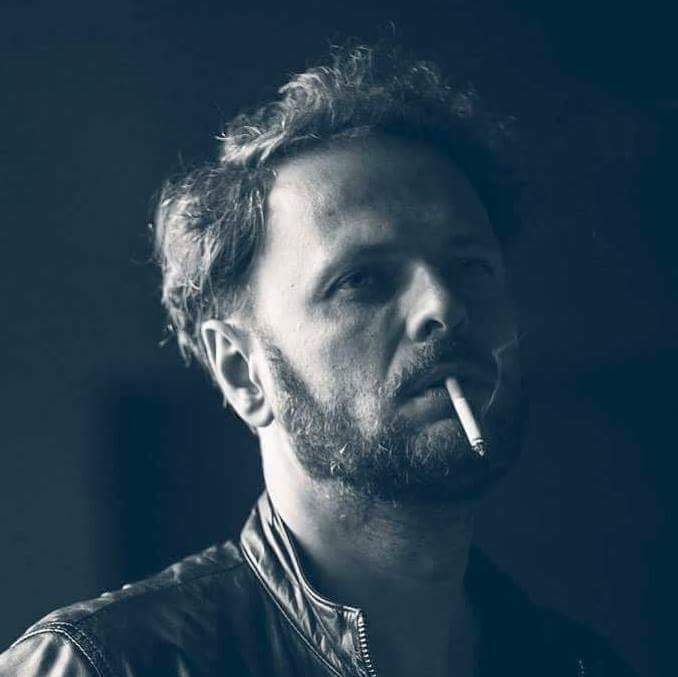
Michal Havran was born in Bratislava in 1973. He holds a degree in Protestant theology from the Marc Bloch University in Strasbourg and a PhD from the École pratique des hautes études in Paris; he is a theologian, journalist and Editor-in-Chief of the left-wing news portal Jetotak.sk. In 2012, Havran and Maroš Hečko wrote a book on how society is being manipulated by the media, Kandidát [The Candidate], which was made into a film in 2013. A year later, Havran started hosting the Večera s Havranom [Dinner with Havran] programme, aired by the second channel of the Slovak national television.
GOD IS ILLITERATE (excerpt from the novel)
1987 was the first time that Soviet media carried graphic accounts of murders. A series of taxi drivers had been murdered in Vilnius. The perpetrator would hail a taxi outside the city’s main railway station, get the cabbie to drive him to the woods on the outskirts of town, and smash is head with a rock. He would drag the body out of the cab and bundle it into a car he had parked there earlier, and drive it to his lakeside datscha. After seven cabbies had disappeared and the police still had no clue as to who was responsible, they contacted the Institute of Forensic Psychology in Moscow who referred them to Dwor-
kin in Petersburg, and put them through to him straight away. Sergei Ivanovich Dworkin packed his bag - he was sent to Vilnius for about a week to help draw up the murderer’s profile - and hired a cab to take him to the railway station rather than the airport.“I arrived in Vilnius on a Friday night. I walked out of the station where a police car was supposed to be waiting, but there was no one to meet me. I went back into the station and searched my pockets for the phone number of the investigating officer but found only the address of the hotel booked for me. I’d been to Vilnius a few times before. I used to visit with my wife: for us it was almost like a trip to Europe. Whenever we had a sudden craving for Vienna or Prague we’d head for Vilnius. The Soviet regime was more bearable there, and under Gorbachev it was barely noticeable. My wife once said she wouldn’t mind staying in the north for good but Vilnius had no good theatres or opera, even if it did have European street life, with people sitting outside despite the cold.
Translated from the Slovak by Julia and Peter Sherwood

